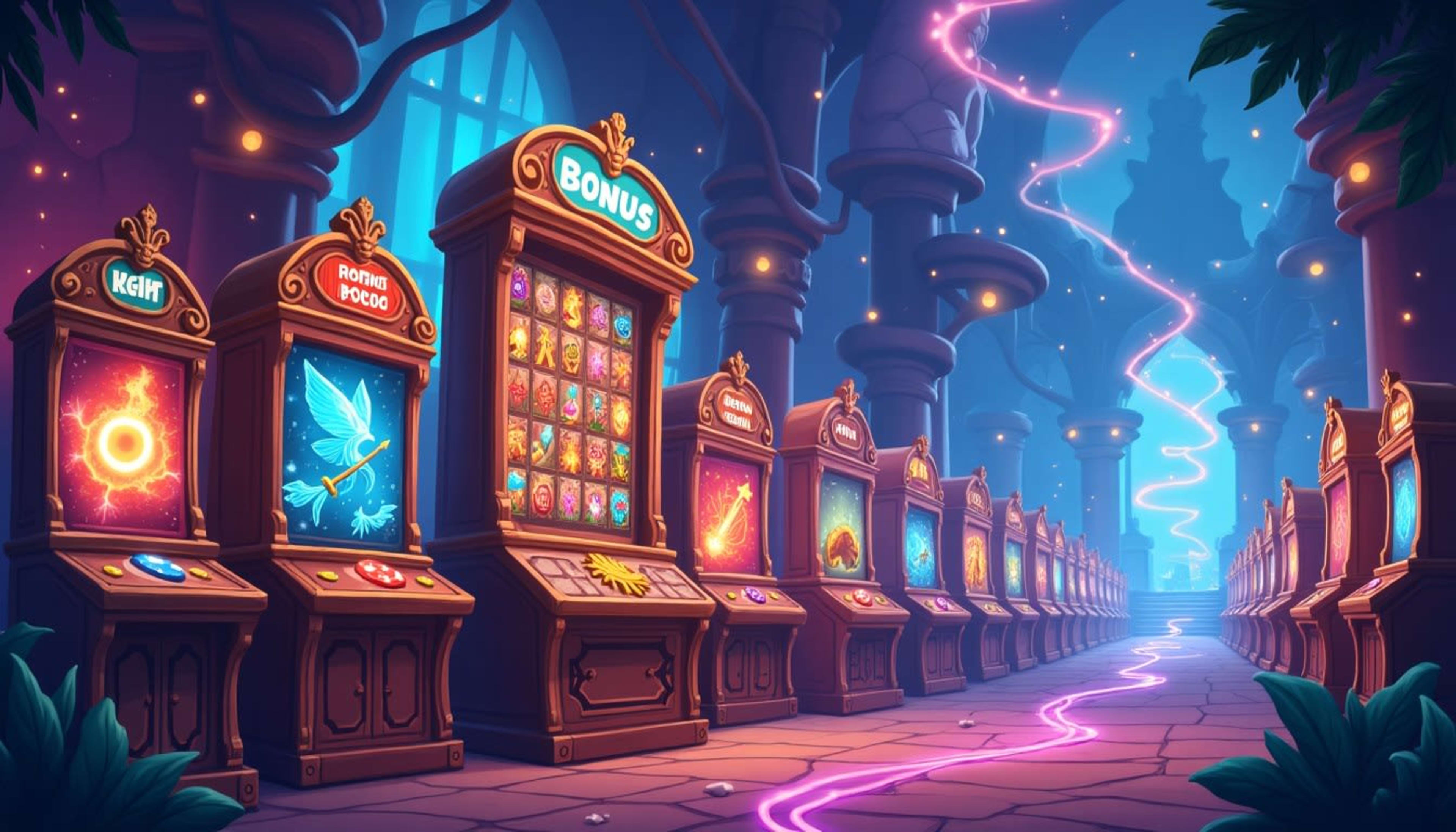Gacha Games: Thrilling or Exploitative?

Recommended casinos
Key Takeaways:
- Gacha games combine strategy, narrative, and chance to create addictive experiences
- Players develop emotional attachments to characters, driving continued engagement
- The business model raises concerns about accessible gambling and player exploitation
Gacha games have rapidly gained popularity in the gaming industry, offering a unique blend of strategy, storytelling, and chance-based mechanics. These games utilize sophisticated psychological techniques to keep players engaged and spending.
At their core, gacha games function like digital slot machines, allowing players to 'pull' for characters, weapons, or cosmetic items using both free and premium currency. The latter is often purchased with real money, creating a potentially lucrative revenue stream for developers.
The appeal of these games extends beyond mere gambling mechanics. Many titles feature compelling character-driven narratives and stunning visuals, fostering strong emotional connections between players and their virtual teams. This attachment, combined with limited-time promotional events called 'banners,' creates a potent mix of excitement, anticipation, and occasional disappointment.
Critics argue that this business model borders on exploitative, likening it to a form of accessible gambling. The randomized nature of rewards, coupled with the fear of missing out (FOMO) on limited-time offerings, can drive players to spend significant amounts of time and money in pursuit of desired outcomes.
Popular titles like Genshin Impact exemplify both the allure and potential pitfalls of gacha systems. While offering breathtaking graphics and engaging storylines, the game also implements soft paywalls and time-limited characters that can significantly impact gameplay. This creates a complex dynamic between players who wish to enjoy the game casually and those driven to optimize their experience through strategic (and often costly) character acquisition.
Other long-running games, such as Mabinogi (active since 2003), have sustained player interest through a heavy focus on character customization and cosmetic items. By regularly introducing new content and leveraging limited-time events, these games maintain a steady stream of revenue despite aging graphics or gameplay mechanics.
As the popularity of gacha games continues to grow, questions remain about the long-term sustainability and ethical implications of their business models. Players must carefully navigate the balance between enjoyment and potential overspending, while developers face the challenge of maintaining fair gameplay while maximizing profits.
The future of gacha gaming will likely depend on finding an equilibrium between engaging content, fair monetization practices, and responsible player engagement. As the industry evolves, both developers and players will need to address these complex issues to ensure a healthy and sustainable gaming ecosystem.








